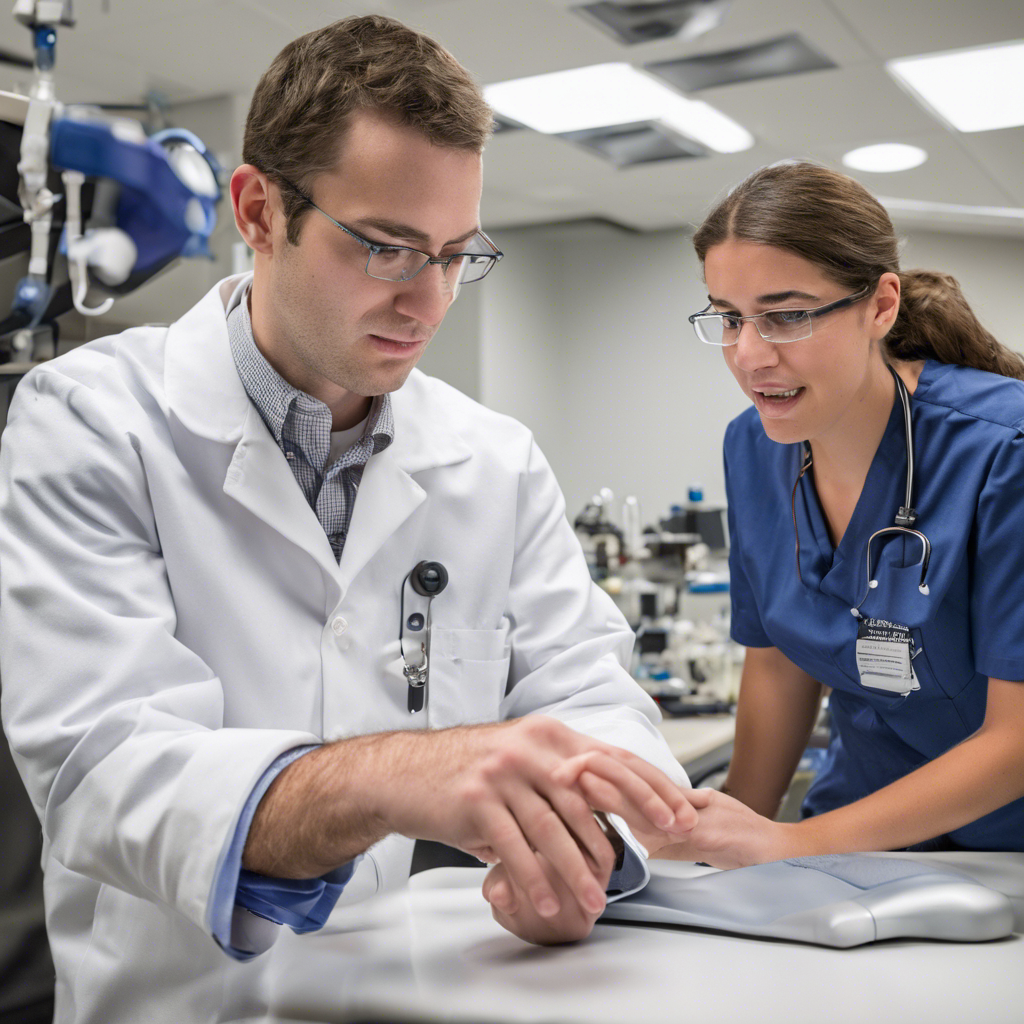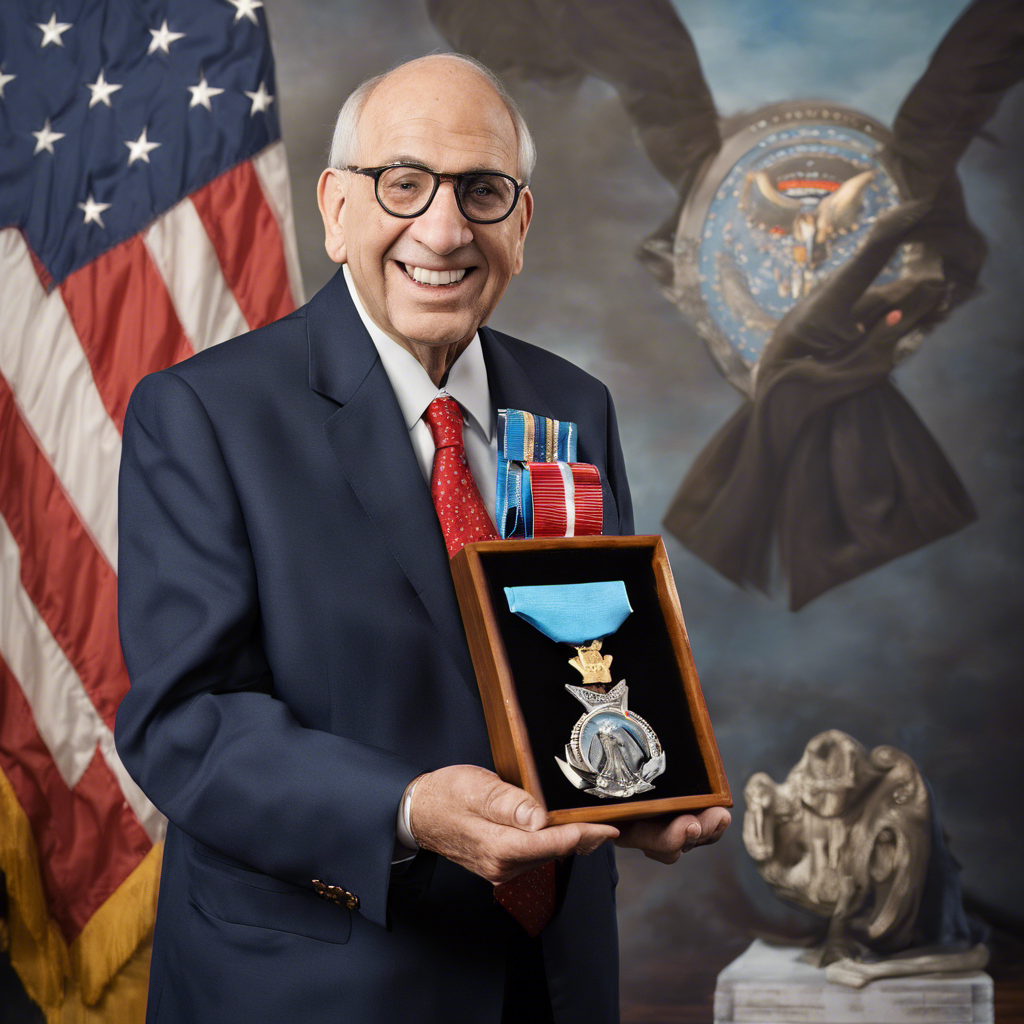UConn’s Clinical Engineering Internship Program offers a unique opportunity for biomedical engineering students to gain real-world experience while working towards their master’s degree.
For students studying biomedical engineering, the path to a fulfilling career can sometimes feel uncertain. However, UConn’s Clinical Engineering Internship Program is changing that narrative by providing students with a unique opportunity to gain real-world experience in the field of clinical engineering. This program, unlike any other in the country, offers students the chance to work alongside doctors and nurses, making hospitals safer and more efficient. With a combination of graduate-level engineering courses and hands-on experience, students graduate with not only a master’s degree but also over 1,500 hours of clinical engineering experience.
A Comprehensive Program for Clinical Engineering Students
The Clinical Engineering Internship Program at UConn is designed to give students a comprehensive understanding of clinical engineering. Over the course of two academic years, students work as clinical engineering interns in hospitals, supported by a full tuition waiver and stipend. They also complete 10 graduate-level engineering courses, or seven plus a thesis, to earn their master’s degree in biomedical engineering. This unique combination of coursework and practical experience sets UConn’s program apart from others in the field.
Real-World Experience in Clinical Engineering
During their internship, students in the program have the opportunity to participate in various activities related to clinical engineering. This includes technology assessment research, product evaluations, incident investigation, and healthcare technology quality improvement, among other responsibilities. The program also includes internship meetings at UConn Storrs, where students can share their experiences, learn from experts in the field, and engage in educational activities. The hands-on experience gained through the internship prepares students for the challenges they will face in the healthcare environment.
Success Stories from UConn’s Clinical Engineering Program
Danielle McGeary, a graduate of UConn’s Clinical Engineering Internship Program, credits the program for her successful career in the field. After completing her internship at Hartford Hospital, McGeary was hired full-time as a clinical engineer. She went on to work in various roles, including clinical engineering manager for Aramark Healthcare Technologies and director of clinical engineering for the Boston and Bedford, Massachusetts VA Healthcare Systems. McGeary’s career highlights the impact of the program in providing students with the skills and experience needed for a successful career in clinical engineering.
A Part-Time Degree Path for Working Professionals
In addition to the Clinical Engineering Internship Program, UConn’s Center for Advanced Engineering Education (CAEE) offers a part-time degree path for clinical engineering professionals already working in the field. This program allows students to earn a Master of Engineering (MENG) in biomedical engineering with a clinical engineering concentration. The emphasis in this program is on coursework, as students are already gaining practical experience in their current roles. The degree can help professionals advance in their careers and qualify for upper-level management positions in clinical engineering.
A Rich History and Continued Growth
UConn’s clinical engineering program has a rich history that dates back to 1975 when it was started by Joseph Bronzino, a professor of biomedical engineering. Over the years, the program has grown and expanded, offering internships at hospitals in multiple states. Today, the program is taught by a team of instructors and offers internship programs at 15 hospitals in seven states. The program’s success can be attributed to the support and mentorship provided by clinical engineering directors in the hospitals, who play a crucial role in shaping the students’ experiences.
Conclusion:
UConn’s Clinical Engineering Internship Program is revolutionizing the field of biomedical engineering by providing students with real-world experience and a comprehensive education. The program’s unique combination of coursework and hands-on experience prepares students for successful careers in clinical engineering. Graduates of the program have gone on to make significant contributions to the field, working in hospitals, service organizations, and medical equipment manufacturers. As the program continues to grow and evolve, it will undoubtedly shape the future of clinical engineering and healthcare technology management.











